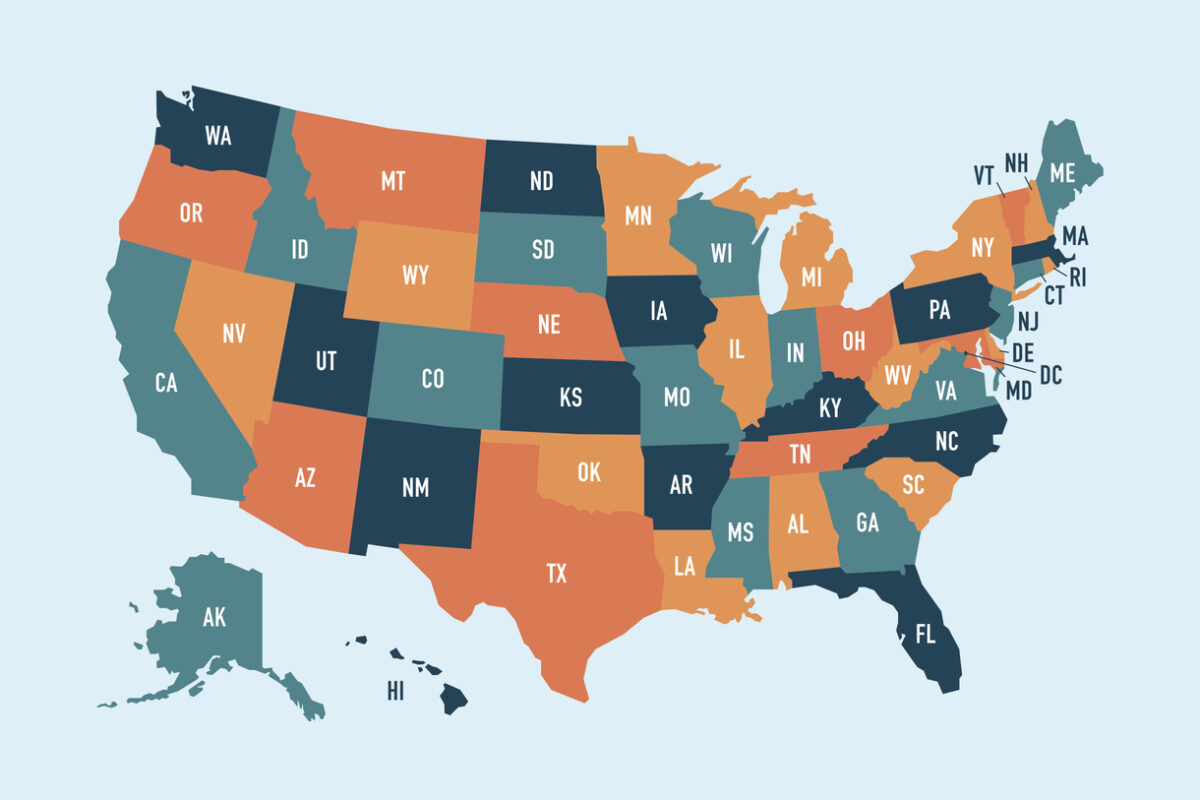Aligning Rigorous Coursework With Academic And Social Support: Do Existing Practices Really Help Increase Student Success?
Published May 13, 2014
Washington, D.C., June 11, 2009—Without a network of academic and social supports, many historically disadvantaged students will be unable to meet the rigorous academic standards mandated by increasing numbers of states, school districts, and higher education systems, according to the authors of a new paper prepared for the Pathways to College Network. Academic and social supports comprise policies and practices to assist students at all education levels with nurturing their talents, building new skills, and mastering tough challenges. Such supports, aligned with academically rigorous curricula, help students from all backgrounds achieve at high levels in both high school and college.
The Pathways to College Network, a new program of the Institute for Higher Education Policy (IHEP), is launching a national initiative to ensure that student needs for integrated academic and social support strategies are being addressed. In its latest report, Removing Roadblocks to Rigor: Linking Academic and Social Supports to Ensure College Readiness and Success, the authors offer a broad definition of academic and social support aligned with rigor and focus on integrating a range of intentional strategies that enable students at all levels to successfully undertake challenging coursework.
“Academic and social support policies and practices go hand-in-hand with increased expectations and students success,” said IHEP President Michelle Asha Cooper, Ph.D. “We must meet student needs for support so they can succeed in challenging coursework and graduate well-prepared for the demands of the competitive global workplace.”
Key Examples of Academic and Social Support Strategies
In identifying specific examples of support strategies in schools and higher education institutions, the report illustrates the various aspects of academic and social support.
- Emotional Support. Refers to fostering self-esteem and trust by providing students with empathy, caring, love, respect, concern, and a willingness to listen.
- Instrumental Support. Perhaps the most “active” type of support that encompasses specific behaviors that help students reach a particular outcome or goal, including giving students the chance to spend time with a caring adult, as well as providing them with in-kind or monetary support, or other types of direct help.
- Informational Support. Refers to an exchange of information that can help students meet academic goals by providing them with advice, suggestions, directives, and information.
- Appraisal Support. Involves the transfer of information derived through assessment; it provides affirmation, feedback, social comparison, and facilitates self-evaluation.
- Structural Support. Reflects formal and informal structures that embed support into social institutions or programs. These structures foster positive outcomes for students, such as community and school engagement, self-confidence, resiliency, social networking, internal motivation, and academic achievement.
The report cautions education leaders and policymakers that without a network of individuals and resources embracing multiple strategies, students will likely be unable to develop the skills, knowledge, and abilities necessary for them to realize their academic hopes and dreams. Therefore, it offers the following recommendations for research-based strategies:
- Integrate and coordinate academic and social support strategies focused on enabling students to meet rigorous academic standards;
- Enhance training and make more efficient use of school counselors and college support services staff, especially those who work with underserved students;
- Infuse principles of adolescent development into training programs for teachers, principals, and higher education faculty professional development programs;
- Provide more incentives for secondary teachers and postsecondary faculty to engage with students in meaningful ways;
- Make timely, frequent assessments a priority so that secondary school teachers, college faculty, and support staff can identify and address academic problems to help students early on; and
- Pay special attention to institutional context and how social relationships within institutions foster emotional support and academic achievement.
The Pathways to College Network is an alliance of over 30 national organizations that advances college opportunity for underserved students by raising public awareness, developing new research that is both innovative and actionable, and promoting evidence based policies and practices across the K–12 and higher education sectors. In January 2009, Pathways to College Network found a new home at IHEP, whose mission is closely aligned with their vision and goals. Together, the Pathways to College Network and IHEP will continue their work to advance access and success in higher education for underserved students.
The full report, Removing Roadblocks to Rigor: Linking Academic and Social Supports to Ensure College Readiness and Success, is available for download on IHEP’s Web site at www.ihep.org.


